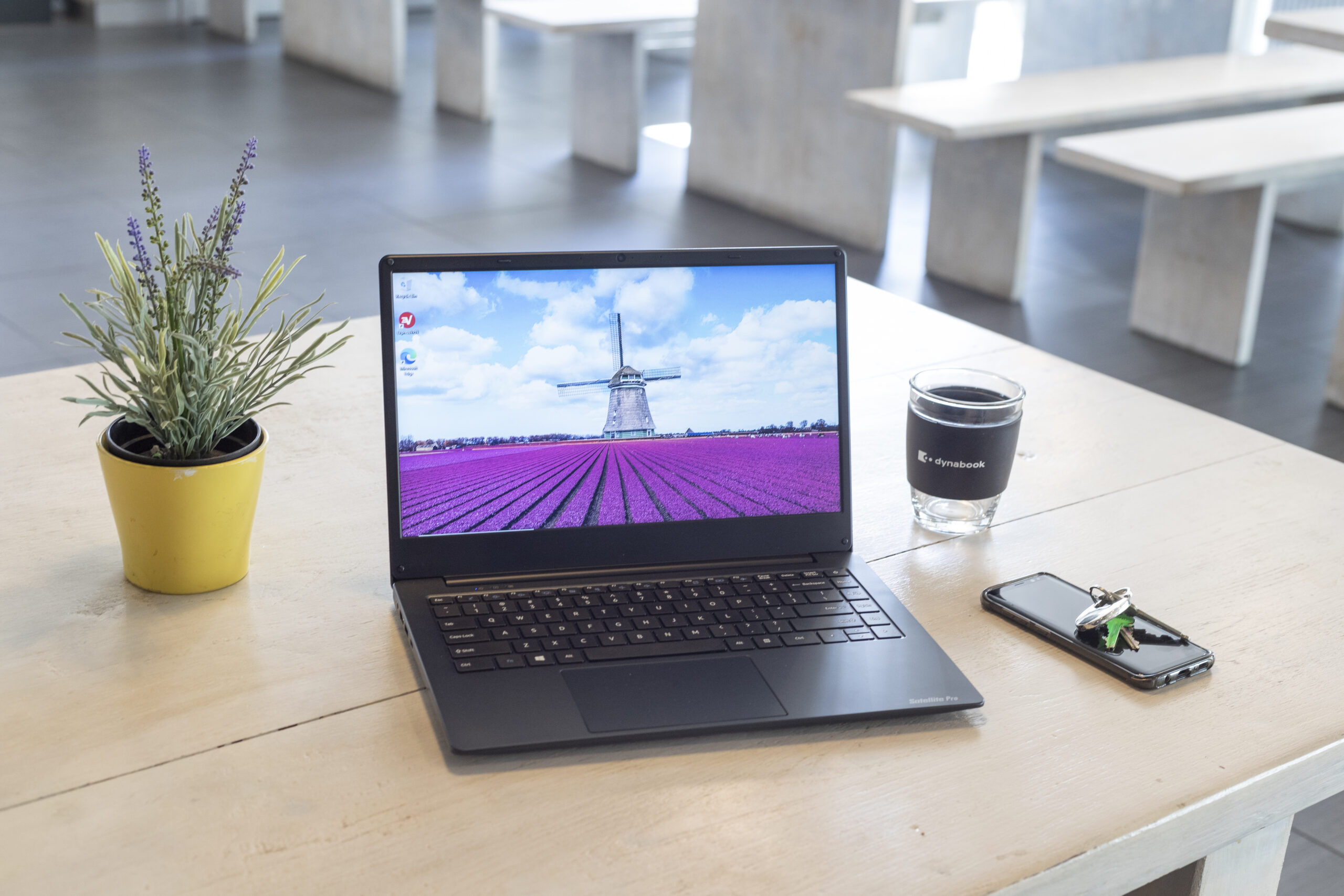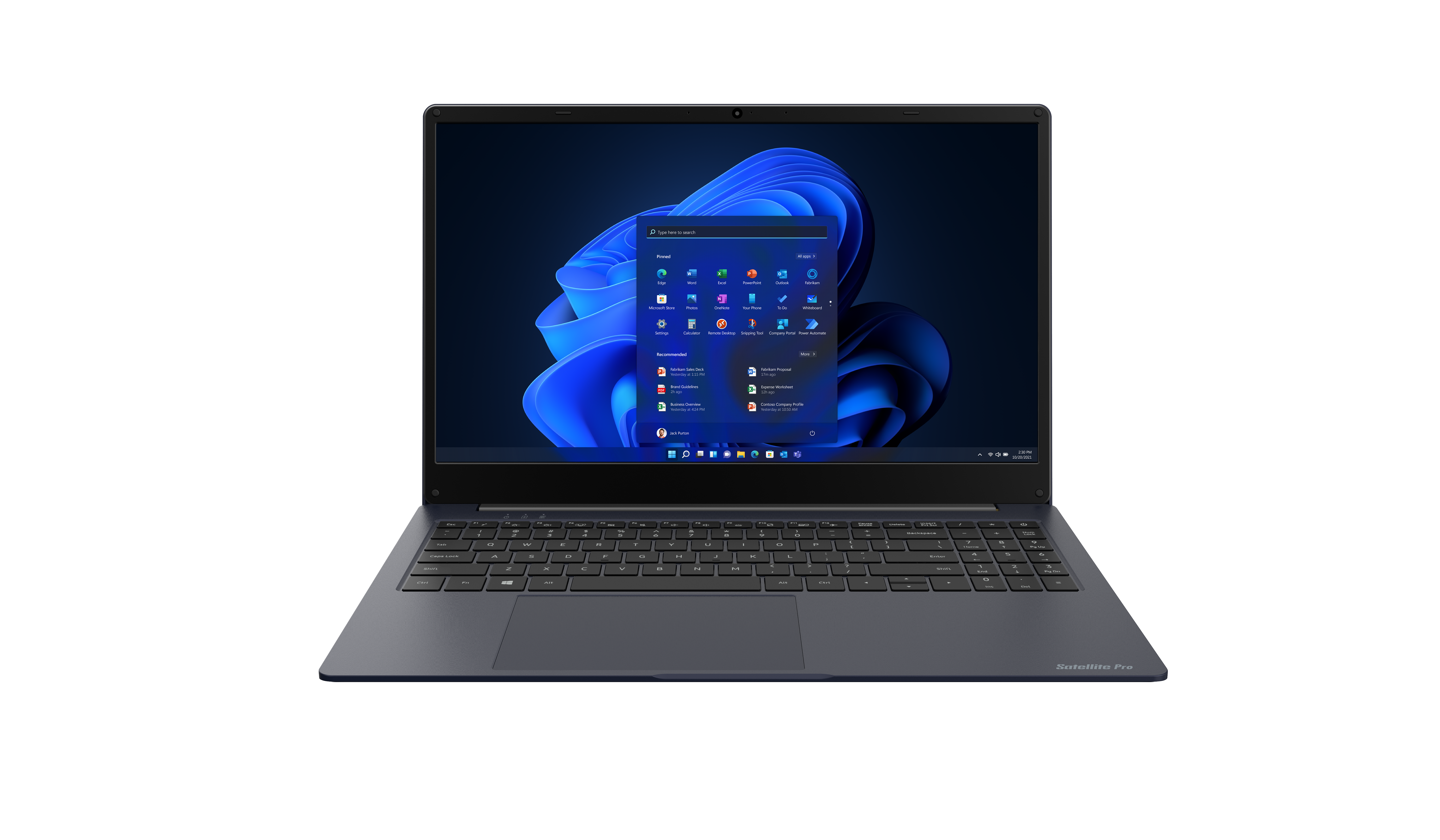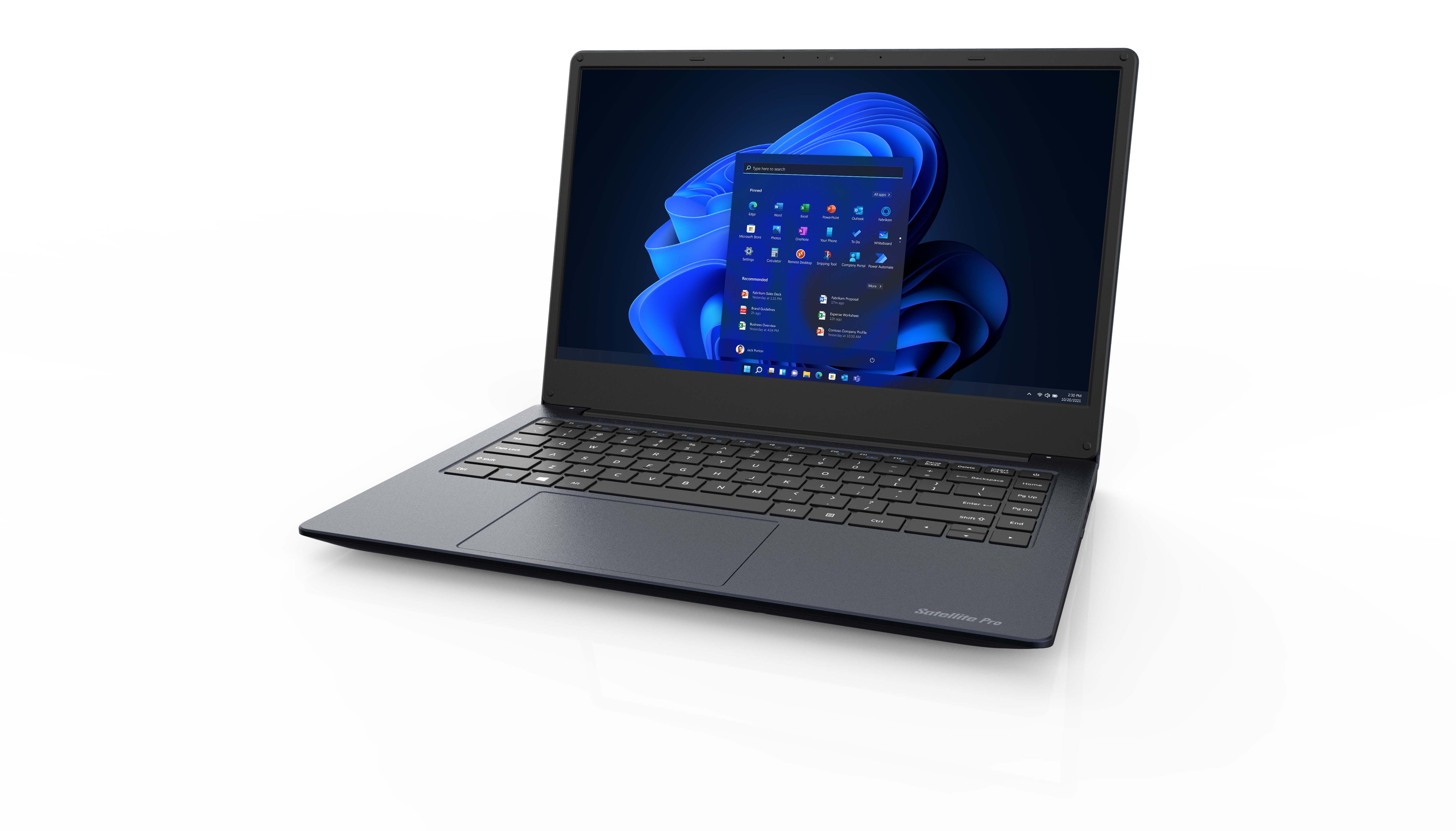Any parent or guardian will tell you that raising children is expensive. Aside from the living costs, the biggest expense would have to be education and all the accessories that help enhance the learning experience. While computers have been present in schools for decades, laptops play a greater role in high school. But how do you choose the right laptop that’s best suited for your teenager’s needs?
Don’t get pressured to jump on the brand-wagon
Many teens are easily influenced by name brands, and technology is no different. They don’t care about specifications, they just want the brands that “everyone else has”. It’s easy to give in to your teenager’s insistence but try not to get hung up on any pre-conceived brand preferences. As easy as it is to just buy the “popular” brand, parents often end up buying a device that doesn’t perform well in the education environment.
Good deals for under $999
At a minimum, the right laptop needs to switch easily between home and high school. You want a versatile machine that makes it easier to take notes, complete homework, submit assignments, browse the web, connect with friends and stream videos on a full HD screen. Weight, responsiveness, storage space and battery power are the features you should be looking at.
As it will be carried around between classrooms, and bundled in backpacks with heavy schoolbooks, having a lightweight laptop is recommended. There are good thin laptop options under the $999 mark that are lightweight, including the Satellite Pro C40-H and C50-H.

Features you should look for in these devices include a fast core processor to ensure the machine is responsive. The processor carries out tasks or moves data as needed, so it’s important. You’ll find some laptops in this price range that come with a 10th Gen Intel® Core processor, which is good.
processor, which is good.
Having 16GB of random access memory (RAM) will help open applications faster and run the many different software programs that allow students to create, access or present their work. Newer generations of laptops, released in the past two years, can also come with the option of an additional 512GB of storage space, which is needed to help store the many documents and creative presentations that now form part of a high school curriculum.
Long-lasting battery power is also a must – especially with students easily forgetting cables in classrooms or at home. You’ll want something that has a lasting battery power of at least 8 hours – to cover the school day and any after-school study away from home. For those times when your teen needs to recharge its laptop in a hurry, do consider whether the machine is fast charging as this will help add reduce stress during such times.
Extras for under $1,200
If you’re looking for a laptop with features equipped for the future and more for the high school seniors, then you can still get these for under $1,200. The basics such as storage, weight, speed and battery power still count, of course. However, if your teenager is immersed in dedicated STEM subjects that have a greater focus on coding, graphic design, film creation or computer design, then you may wish to consider some extras.
You can expect laptops in a higher price bracket to have more power and come with extra or more enhanced features. The latest release Satellite Pro C40-J and C50-J feature an 11th Gen Intel® Core
C40-J and C50-J feature an 11th Gen Intel® Core processor, the new Windows 11 operating system and a faster drive.
processor, the new Windows 11 operating system and a faster drive.


Additional benefits include a range of connectivity capabilities, enabling users to stay connected and productive wherever they might be. This not only includes Wi-Fi or Bluetooth but the ability to attach a wide range of accessories. It is now possible to have a thin portable laptop, plus set up a study desk with a monitor, keyboard, mouse and a printer without the bulk of a desktop PC.
A multi-functional USB Type-C® port allows charge, display, connectivity and data transfer with two additional USB Type-A ports, a full-size HDMI® port (which allows your laptop to transmit compressed or uncompressed audio and visual data), and a Gigabit-LAN port (which, when connected, enables faster data transfer when needed in certain high data scenarios, such as gaming or connecting to another server). A microSD card slot accommodates additional storage needs, such as storing computer animation, computer games or short films.
card slot accommodates additional storage needs, such as storing computer animation, computer games or short films.

The current trend towards hybrid working means you’ll find high-definition webcams, stereo speakers and an in-built Cortana-enabled microphone. A mic/headphone slot or Bluetooth connectivity will allow your teenager to plug in or pair wireless headphones when needed.
Secure and private
With data security a major concern, newer laptops offer more than the simple user and admin password logins. Just like your smartphone, laptops allow you to sign-in via an optional fingerprint scanner and have firmware that encrypts information stored on the device to reduce the risk of data tampering.
While laptop details will form a major part of your purchase research, you may wish to think about whether post-sales service support is available for those unexpected accidents. Likewise, what other accessories might you need? We recommend a second AC adaptor and a good protective case, however you may also need additional docks or external storage.
We’re lucky that technology has innovated and this innovation is still affordable. Investing in the right type of laptop will be an investment in a tool to help your teenager’s high school learning experience. So, when you’re next asked to buy a brand over the best laptop suited to learning, you should weigh school needs against device types and features.
The post Tech for teenagers shouldn’t come at a cost appeared first on GadgetGuy.






0 comments:
Post a Comment